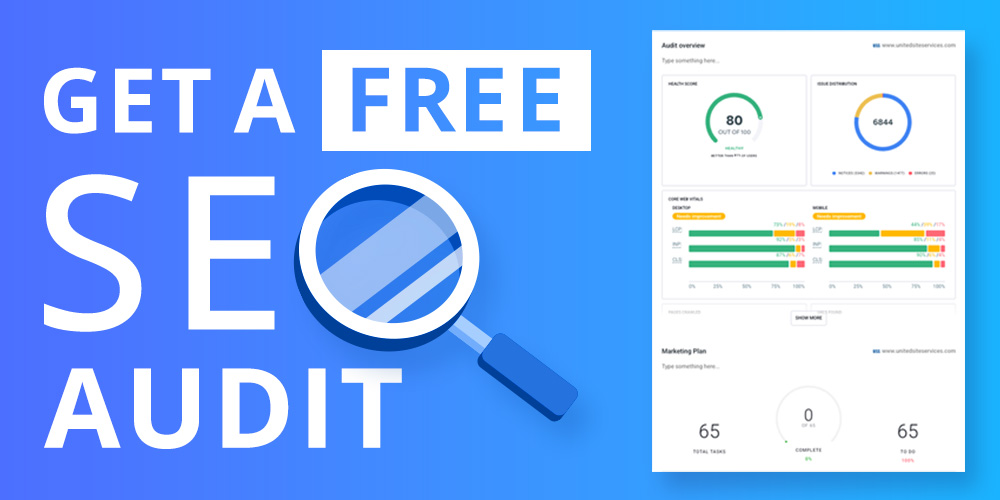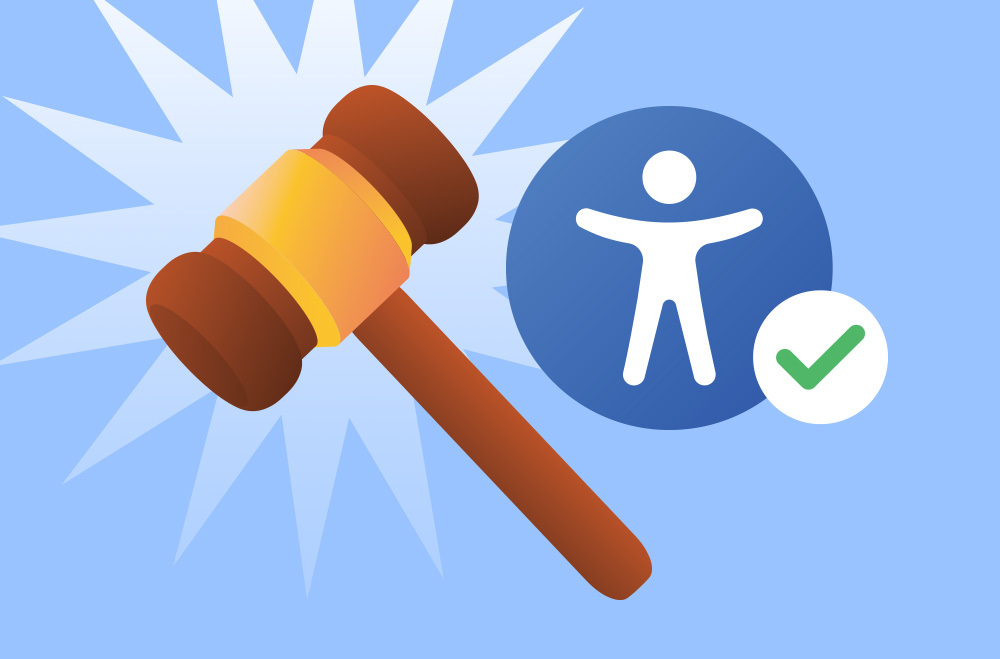


Before getting into the WooCommerce´s world, it is a must for you to have a professional website for your business. This will improve your conversions and will give you a reputation.
The website represents the face of your business online; so it needs to make visitors trust in your company. Its job is to convert traffic into email requests for more information, phone calls and eventual sales which lead to more ROI and profits for the business.
Color Combination- it can help you get more conversions. Each color holds a different meaning, that is why you should choose them carefully, having in mind what you really want to show to your potential customers.
Friendly Navigation- make it simple and clear for your visitors. A complicated layout tents to make visitors go away as soon as they enter the site.
Now that your website looks professional, you need to concentrate on the commercial aspects by learning how to manage Woocommerce properly. It is not just about sales but also about presentation.In the same way that a physical store must be visually appealing to draw in customers, so, too, must a WooCommerce store. Then, you have to pay a closer look at the following tips to optimize your webpage.
In the early stages of your WooCommerce store, it is likely that you will lean toward a low-investment web hosting plan as you have likely not made any significant strides in financial success just yet. But keep in mind that a good web host is one that will not only help draw customers in, but prevent them from leaving.
The right web host is one that provides fast service to your customers. Or, it should have the required bandwidth to allow customers visiting your site to choose what they want, pay, and leave quickly. If extended download or loading times exist, there is a higher chance of customers leaving early and looking elsewhere to purchase what they are looking for.
To ensure that your web host is working at optimum capacity, there are a number of resources analyzing reports that you can utilize to check on your site’s bandwidth speeds and related issues. If your site is running below par, then it may be time to either upgrade your web hosting plan or move web hosts entirely.
WordPress offers a powerful web tool known as “hooks” that help streamline customization, theme development, and plugin usage. Essentially, these hooks are ways for you to rewrite some of the HTML code that is the base anatomy of your site and create custom additions or functions that are otherwise unavailable without some serious hacking skills.
WooCommerce, in particular, has its own list of custom hooks that you can use to expertly customize numerous aspects of your WooCommerce store to make it more appealing or user-friendly.
These hooks also make it easier to implement customization on your WooCommerce site store. To change a certain type of page font for a specific topic or range of topics, you can use the woocommerce_page_title filter, which will create a specific icon or phrase in every area on your site that refers to your chosen topic.
WooCommerce necessitates that you keep up with the updates to ensure that your site is running at peak efficiency due to the constant changes in the virtual world.
More than the loss of efficiency, an out-of-date site can be dangerously more vulnerable to security threats. If the security of your WooCommerce store is brought into question by a successful hacker, your store will suffer a dip in reputation and customers will be less likely to want to shop if they fear to catch a computer virus (or other forms of security breach).
Your customers trust you to keep their purchasing information (credit cards, bank accounts, etc.) secure, and if your site gets hacked, that trust is damaged, perhaps irreparably. This type of issue is highly avoidable, so long as you keep an eye on available updates and ensure that your site is running at optimum capacity.
WooCommerce themes are based on a template hierarchy that connects the different pages of your website with slight alterations found on each page’s specific function. This process is done through a query string that searches through the hierarchy for the right template file to use with your site.
For those with limited experience altering template themes, it may be best to stick to the default hierarchy that is provided with the WooCommerce host. If you are more comfortable with site code editing, you can customize your theme by either copying and pasting a chosen template hierarchy into your theme, or you can use WooCommerce hooks to made small changes while not added any more theme files.
A template is an extremely helpful tool that takes a lot of the guesswork and hassles out of creating a custom theme for your WooCommerce store. Using a template allows you to get back to operating the actual store rather than worrying about design issues.
Web security is one of the most crucial components of a successful site in general, let alone a WooCommerce site that you should be carefully considering at the start of your virtual endeavor. Depending on the web host that you have chosen, security options may already be implemented into your site’s hosting plan, or is offered through the web host elsewhere. If your web host does not offer some form of security, then you may need to consider changing providers.
Having a strong password is always a surefire way to increase the security of your site. A good password should always be long and involve a variety of characters, including letters, numbers, and special characters. Some sites, including WordPress, offer a password generator tool that will create a variable, strong password for you to use. And if you are struggling to keep track of your passwords, there are a number of password managing tools that can help.
There are also a few different security tools that can help increase the protection of your site.
There are a number of other security tools that you can use to add further layers to your site’s protection available. Finding the ones that fit your needs and your budget are the key to increasing your site’s internal security.
Products are automatically displayed in a default template. You may wish to change this to a different template to represent your product best by loading the file “single-product.php.” This gives you access to the template files displaying product info on the front end. Keep these tips in mind before you insert your code:
Once your store is live, you may need a custom product category or an entire page. This is done by tweaking the custom template. You’ll first need to modify the content-single-product.php file so that adding products or categories come at the end of the file.
Here are some tips:
Look in the theme’s directory and ensure you have a folder named “woocommerce.” Both the content-single-product.php and single-product.php should go in the same folder. Some final tips:
Nowadays, Facebook’s is quickly gaining much of the market share so for this reason and because it is even leveraged by many advertisers to direct the right traffic pool to Google for remarketing purposes, it is necessary to use it for your business.
1. Create a Page
The first thing you’ll need to do to get started marketing your business on Facebook is to create a Page. This is different from a regular Facebook profile, as profiles are for individuals but Pages are designed for businesses. Creating a Page allows you more options for your business than those available for profiles.
To create a Facebook page, go to Facebook’s Main Page – It does not matter if you’re signed in or not. You can begin creating a Facebook Page by visiting Facebook. At the bottom of its main page click on, “Create a Page for a celebrity, band or business.”
2. Images and Testing
It’s best to be prepared with several high-quality images when you set up your store and be sure to give it a few test runs before making it live and experiencing unforeseen problems that you have to backpedal to fix. You can ask a few friends or family members—or even a select few customers—to test it out before it’s fully shared and visible to the world.
3. Sell Directly from Your Page
With the help of an e-commerce widget, you can set up a shopping feature directly on your Facebook Page. If you use WooCommerce as we do.
You can sell physical and digital products while offering several payment options for customers. You can even sync your products from your Facebook store and WooCommerce website so that when you update product catalogs or remove items, the same thing will show up in both locations.
Installing the Facebook pixel allows you to access the features below:
The following features are included with the plugin:
Now, you are ready to make the best use of WooCommerce to improve your online business, gain more visitors who can be potential clients and increase your sales. If you need more assessment on how to optimize your business webpage, contact us. At Bright Vessel, we are always willing to help you.

"*" indicates required fields

"*" indicates required fields

"*" indicates required fields
You must be logged in to post a comment.





